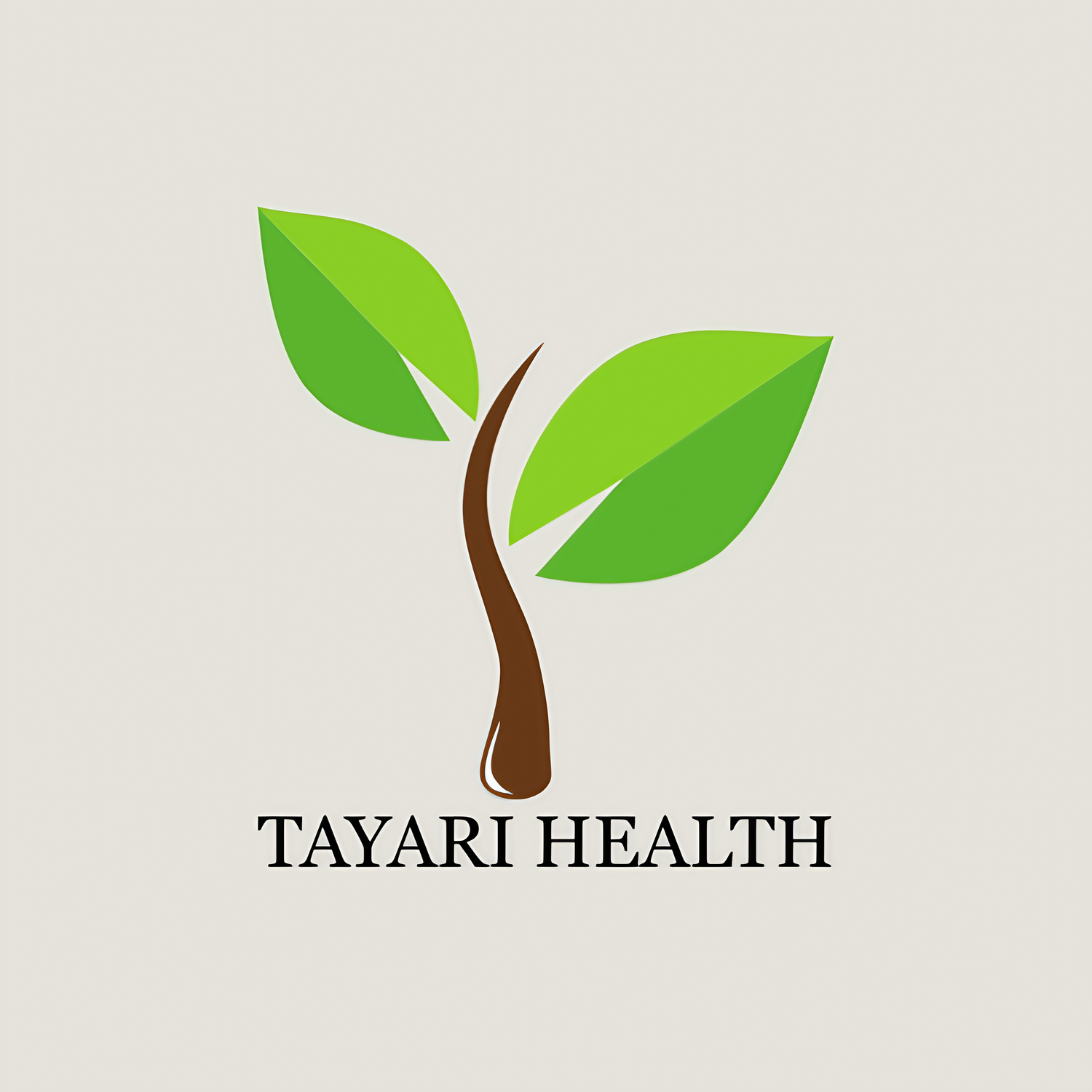What Is Colic?
It all begins with an idea.
This is a condition in which a baby cries a lot for no obvious reason.
It is characterised by intense, inconsolable crying for extended periods of time, often lasting for hours and occurring frequently in the late afternoons and evenings.
It normally improves on its own with time, by 3-4 weeks of age.
Signs And Symptoms
It all begins with an idea.
Unexplained restlessness in babies.
Babies drawing their legs, arching their backs & clenching their fists.
Crying till going red in the face.
Crying may sound loud and intense.
Can be difficult to soothe and calm baby down.
Contributing Factors
Food allergies (e.g. cow or milk allergy).
Food intolerance.
Under developed digestive system.
Imbalanced gut bacteria.
Swallowing excess air during feeding.
Over feeding, under feeding or infrequent burping.
Remedies
Cuddling baby in skin-to-skin to soothe and calm baby down.
Gently rocking baby whilst on your laps or massaging their back whilst on your shoulder.
Upright feeding position to reduce swallowing air and potential heartburn.
Burping/winding baby after feeding; or at intervals of feeding.
Gentile massage of baby’s tummy in clockwise direction.
Using “white noise” to soothe and settle baby down.
Motion – car ride and/or pram ride in fresh air can be soothing for some babies.
Warm bath – helps to calm babies down; this can be followed by massage after bath.
Music or soothing sounds eg: waterfalls, train sound.
Supervised “tummy-time” to settle baby down and once asleep, place baby back on their back to sleep safely.
Limit stimulation – dim lights, reduced noise levels & avoid crowded environments, at home and/or in public.
Avoid certain foods: broccoli, cauliflowers and cabbages may cause gas that could translate into breast milk. Fruits like: citrus fruits, berries and pineapple contain high levels of citric acid that could also to go to babies through breast milk.
Adopt a suitable feeding strategy; - this varies from baby to baby.
Breastfeeding:
Continue to breastfeed as usual, but endeavour to avoid potential allergens like dairy, caffeine, soy or soda – these could translate to baby and produce colic effects.
Burp frequently:
Burp your baby at intervals of bottle feeding and/or after completing breastfeeding.
Consider changing formula milk:
Consider changing formula if concerns. Discuss with your Midwife or Paediatrician if concerns about potential sensitivities to certain formula’s proteins.
Experiment with different Bottles:
Try alternative bottles and/teats to see if this can reduce air intake during bottle feeding.
NOTE:
Get whatever help you can from your partner, wider family, friends or baby sitter whilst you get some rest or take time off to recuperate.
If you notice any of the following in your baby – seek immediate medical attention:
Frequent spit up of liquid or milk.
Forceful or projectile vomits.
Choke or gag episodes.
Having trouble putting on weight.
All above could be symptoms of GERD/Gastroesophageal Reflux Disease, a serious condition in babies.





